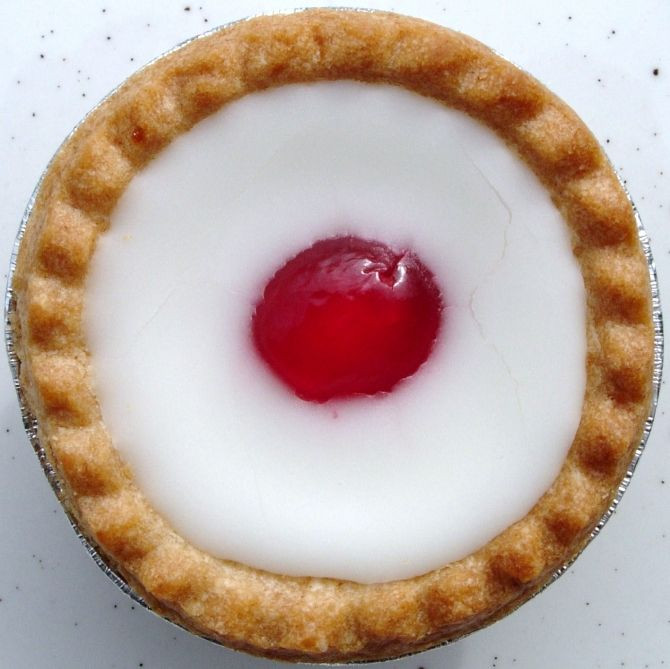Smell "Alarm" to Stimulate Appetite in Dementia Patients

A company has created an aroma releasing plug-in device to prevent rapid weight loss and malnutrition in dementia patients who often forget to eat and drink regularly by stimulating their appetites.
Managing director of Rodd, the UK-based design firm that created ‘Ode,’ a smell alarm to whet appetites and “reconnect” dementia sufferers with food by releasing three short bursts of food fragrances a day that coincide with the user’s mealtimes.
"So much of appetite is about smell, the sensory anticipation of food. [Ode] uses fragrances to re-awaken appetite," Lizzie Olstrom, who is part of the Rodd design team, told BBC.
The designers have so far used smells of Bakewell tart, citrus and spices to test their product’s effectiveness, and have found encouraging results.
"In one case a woman who had dropped to 40kg (88lb) gained 5kg (11lb), which was unprecedented," Ben Davies, managing director of Rodd, told The Telegraph.
However designers noted that larger-scale tests are still needed to determine with the product really helps people.
The plug-in spray is just one of the five prototypes nominated by the UK the Design Council and the Department of Health in a competition to help improve the lives of dementia patients easier.
Another nominated idea was trained “dementia dogs” that help patients with their everyday needs and activities like bringing medication, water and waking up patients to take them to the bathroom.
Other prototypes included a hi-tech wristband called "Buddiband" monitors the wearer’s activity levels and detects falls and calls for help. The other nominations were online services, like Grouple, a social networking site that helps families share and organize care for relatives with dementia and Trading Times, an online service that matches people looking to care for patients to local businesses.
"A consequence of an ageing population is a threefold increase in dementia over the past twenty years," David Kester, Chief Executive of the Design Council, said at the conference unveiling the winners of the national design competition on Wednesday.
"That means there are many millions of people who need new products and services designed to meet their changing needs. This project demonstrates that if you put the people who are living with dementia, including carers, at the center of the design process, you end up with rapid and inspiring innovation. It's just what we need right now - both for our local communities and for UK enterprise," Kester added.
Published by Medicaldaily.com



























